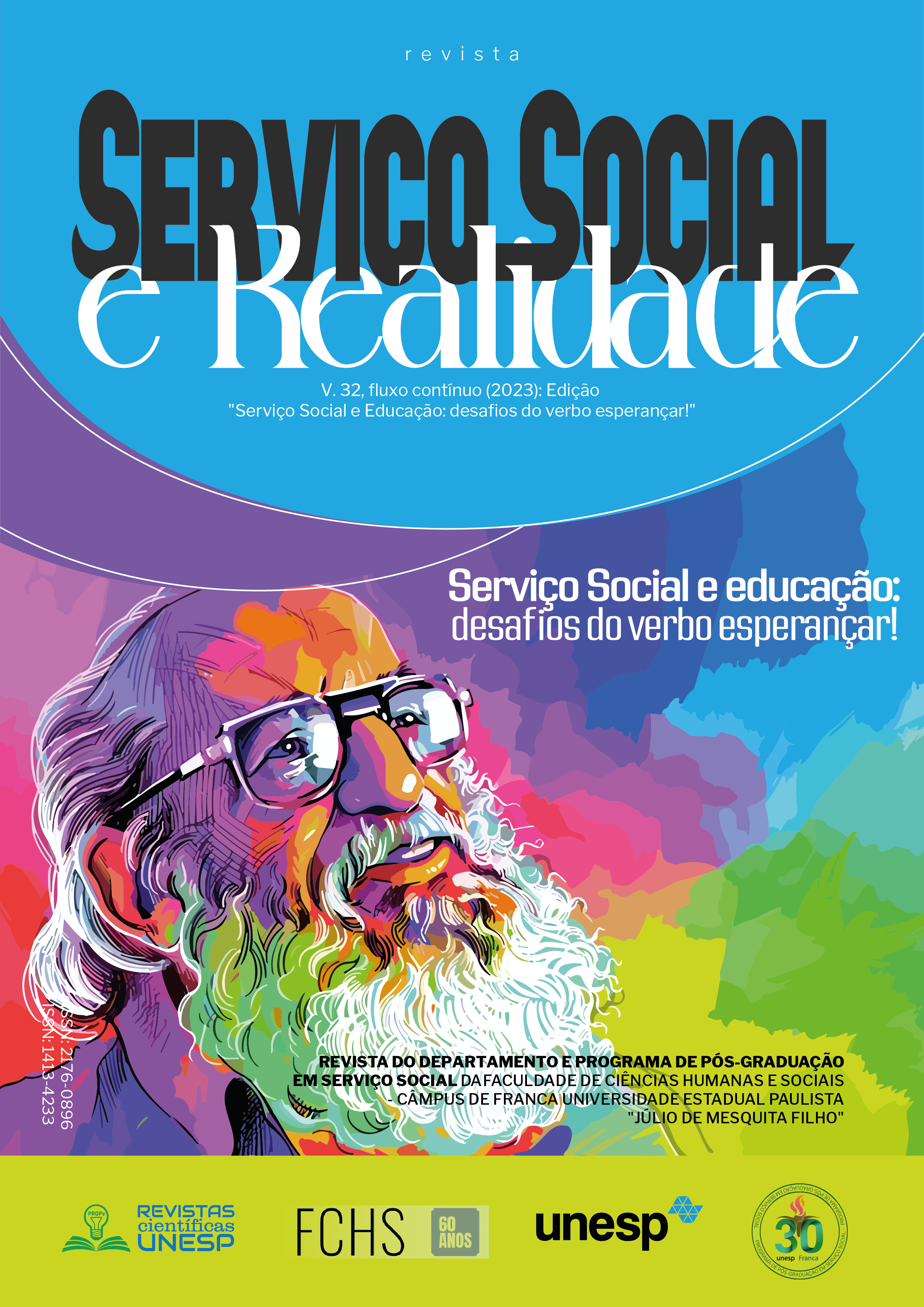EDUCATION AND SOCIOECONOMIC ASPECTS: A LOOK AT THE REALITY OF LONDON DURING THE PANDEMIC PERIOD (COVID-19)
Abstract
This article seeks to collect socioeconomic data and statistical indicators that influence the daily lives of children in early childhood education to discuss the reality of Londrina-PR, considering the COVID-19 pandemic scenario. The infectious disease caused by the Sars-cov-2 virus had its first records in Brazil in mid-March 2020, requiring social isolation, use of face masks and alcohol gel. This scenario required adaptations from educational institutions, thus using distance learning to reduce impacts on the schooling process. Among the objectives of this work, we seek to present the conceptualization of social indicators on which this article is based, as well as to highlight data relating to early childhood education, food insecurity and income. Ultimately, we seek to link this discussion with data from the reality of the city of Londrina-PR, in relation to early childhood education and the strategies adopted by the Municipal Department of Education in the face of the pandemic. The methodology used to prepare this work was through bibliographical review, critical reading of data and social indicators referring to economic and social aspects. The motivation to discuss this topic is based on the historical context in which we operate, considering that social indicators reflect the reality researched and can help in the development of public policies.
Downloads
Published
Issue
Section
License
Os manuscritos aceitos e publicados são de propriedade da revista Serviço Social & Realidade.Os originais deverão ser acompanhados de documentos de transferência de direitos autorais contendo assinatura dos autores.
É vedada a submissão integral ou parcial do manuscrito a qualquer outro periódico. A responsabilidade do conteúdo dos artigos é exclusiva dos autores.
É vedada a tradução para outro idioma sem a autorização escrita do Editor ouvida a Comissão Editorial.


